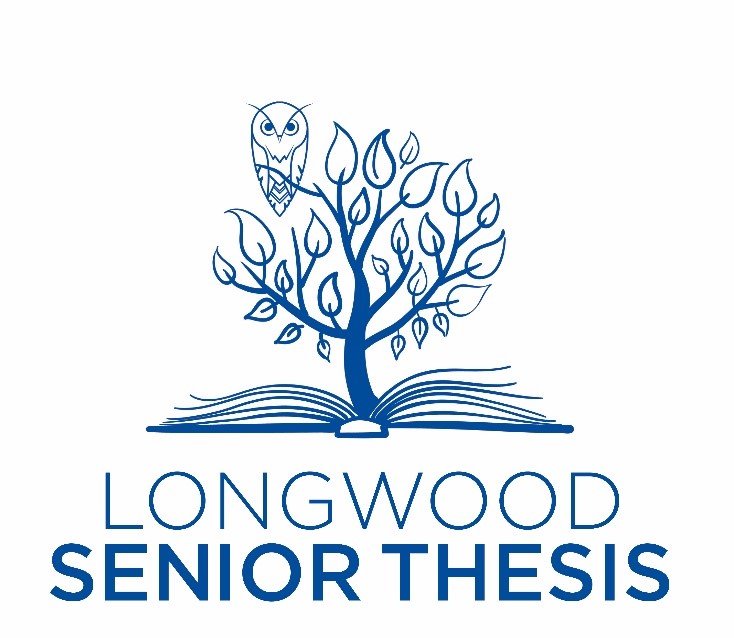Document Type
Article
Publication Date
4-20-2023
Abstract
This thesis investigates the similarities and differences between Acceptance and Commitment Therapy (ACT), a psychological therapy model, and Logic-Based Therapy (LBT), a philosophical therapy model, on moral injury. ACT emphasizes the importance of language in context in addition to a framework that addresses individuals as a whole. This approach contrasts with a variety of other psychological models designed to treat specific symptoms or diagnoses. LBT helps clients recognize and overcome irrationalities in thinking and subconscious rule-following behaviors to reach a point of equilibrium and tranquility. Moral injury is the observation of or participation in the violation of one's own moral beliefs; symptoms can include shame, guilt, and spiritual crisis. This paper provides an in-depth literature review and then uses a thought experiment to examine how those experiencing moral injury would receive support in both the psychological and philosophical disciplines.
Recommended Citation
Richardson, Leah, "Philosophical Counseling and Psychological Counseling in Relation to Moral Injury: A Thought Experiment" (2023). Longwood Senior Theses. 28.
https://digitalcommons.longwood.edu/senior_theses/28



Comments
Faculty Advisor: Dr. Charles Repp
Committee Members: Dr. Eric Moore (Longwood University), Dr. Timothy Ritzert (Longwood University), and Dr. Ivan Guajardo (Virginia Western Community College).